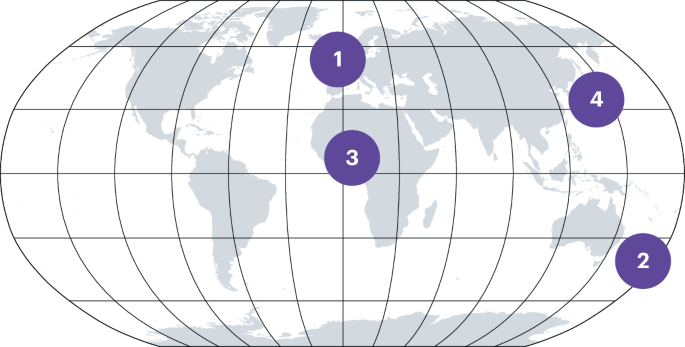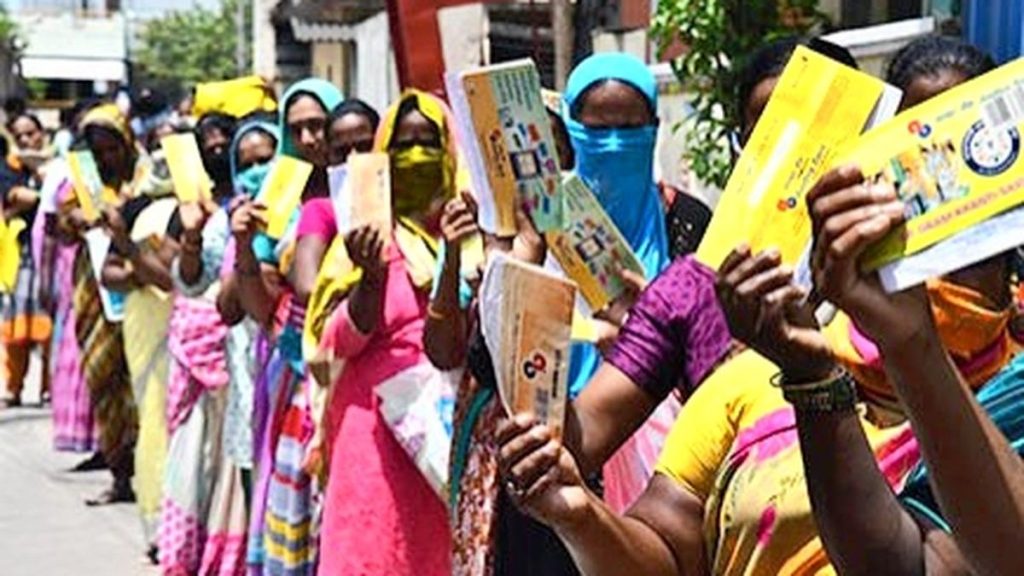Now Reading: Global Biotech Updates: Key Developments You Should Know
-
01
Global Biotech Updates: Key Developments You Should Know
Global Biotech Updates: Key Developments You Should Know

Quick Summary
- UK Pandemic Preparedness Center:
– The UK government plans to build the National Biosecurity Center in Harlow, Essex.
– The center will focus on research and development of therapies and vaccines for future pandemics.
– It will consolidate operations currently dispersed across UK Health Security Agency sites in Porton Down and Colindale.
– Expected opening: 2030. Estimated cost: $335 million.
- New Zealand’s GM Food Definitions Update:
– New Zealand adopts updated definitions for genetically modified (GM) food from Food standards Australia New Zealand (FSANZ).
– Under these definitions,food produced using new breeding techniques like gene editing will not be labeled as GM if no novel DNA is introduced.
– producers can still voluntarily disclose whether gene editing technologies were used.
Indian Opinion Analysis
The UK’s initiative to establish a National Biosecurity Centre underscores its commitment to pandemic preparedness, aligning with global concerns about emerging infectious diseases. For India, this move highlights the importance of investing in advanced biosecurity infrastructure given its dense population and vulnerability to health crises. Such centers could act as models for developing multilateral collaborations between nations focused on combating future pandemics.
New Zealand’s adoption of FSANZ’s updated GMO definitions indicates a shift toward acknowledging modern agricultural biotechnology methods such as gene editing. India can draw lessons from this regulatory evolution while balancing transparency with innovation in agriculture-a sector critical for its economy. Clarity in labeling practices could foster consumer trust while bolstering adoption of cutting-edge farming technologies at home.
























